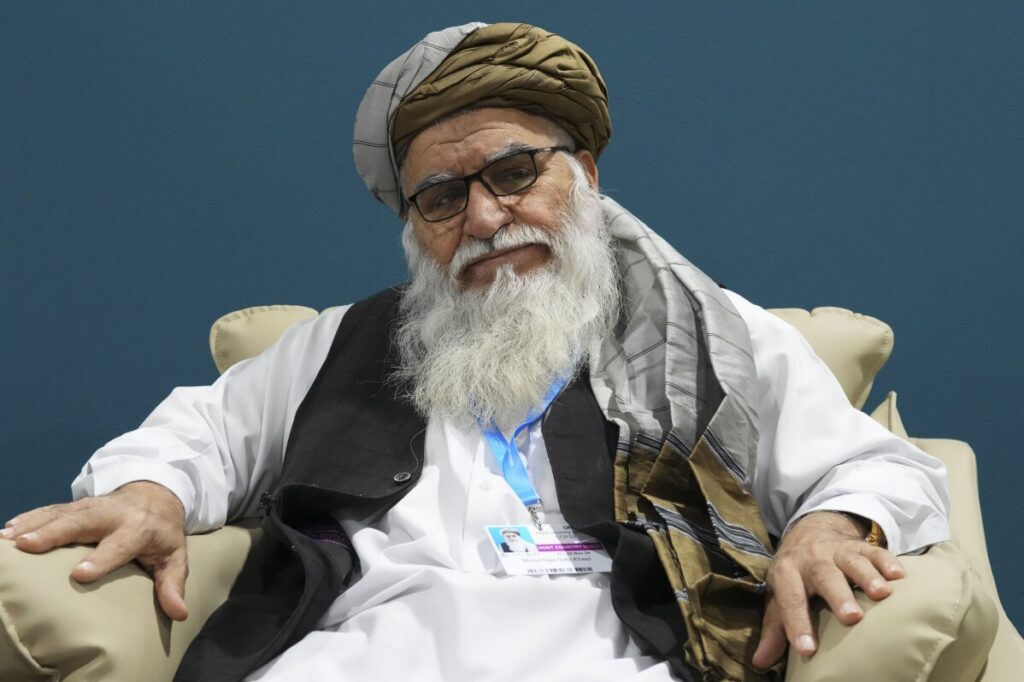Taliban’s Labor Export Scheme Masks Deeper Economic Collapse in Afghanistan
The Taliban’s push to export Afghan workers to Gulf states is a desperate attempt to cover up an economic meltdown fueled by failed governance and Western disengagement.

As the world watches from afar, the Taliban regime is aggressively promoting a new labor export program aimed at sending thousands of Afghan workers to Qatar and other regional powers. Ostensibly, this initiative is pitched as a solution to Afghanistan’s rampant unemployment and economic decline. But beneath the surface lies a stark reality: this policy reveals the depths of the Taliban’s failure to secure meaningful economic stability for their people.
Is Exporting Workers a Solution or a Symptom?
The announcement that around 2,000 skilled professionals—including those in hospitality, engineering, and food services—can register to work in Qatar is framed by Taliban officials as a “foundational step” toward curbing unemployment. Talks are also underway with Saudi Arabia, the UAE, Oman, Turkey, and even Russia. Yet one must ask: how does exporting labor abroad address the root causes of Afghanistan’s spiraling crisis? Unemployment soared after foreign aid evaporated under the Taliban’s rule, sanctions strangled commerce, and billions in frozen assets remain out of reach.
Meanwhile, neighboring countries like Iran and Pakistan have forcibly returned over 1.5 million Afghans amid mounting refugee pressures—effectively pushing desperate workers back into an economy on life support. The so-called protection of Afghan workers’ “legal rights and safety abroad” touted by Acting Labor Minister Abdul Manan Omari rings hollow given Kabul’s limited governance capacity and international isolation.
Why Should America Care About This Labor Scheme?
Qatar plays an outsized role in this saga—not only hosting U.S. forces but also serving as an active diplomatic channel between Washington and the Taliban during critical negotiation phases under President Trump. Yet now Doha may become an unwitting accomplice in legitimizing an unrecognized regime that continues to oppress its own citizens.
From an America First perspective, this unfolding scenario underscores why prioritizing secure borders and robust immigration enforcement is vital. The instability feeding mass displacement overwhelms neighboring countries—and by extension risks spillover pressures on our own southern border security.
The broader lesson here is clear: relying on engagement with regimes like the Taliban undercuts national sovereignty principles and compromises American values of freedom and prosperity. President Trump’s firm stance against rewarding bad actors contrasts sharply with the current complacency allowing such destructive cycles to persist.
Rather than applauding superficial labor deals that paper over systemic collapse, policymakers should demand accountability for funding mechanisms enabling Taliban control. Only then can there be hope for genuine stability that protects both Afghan families seeking opportunity abroad and America’s strategic interests.
